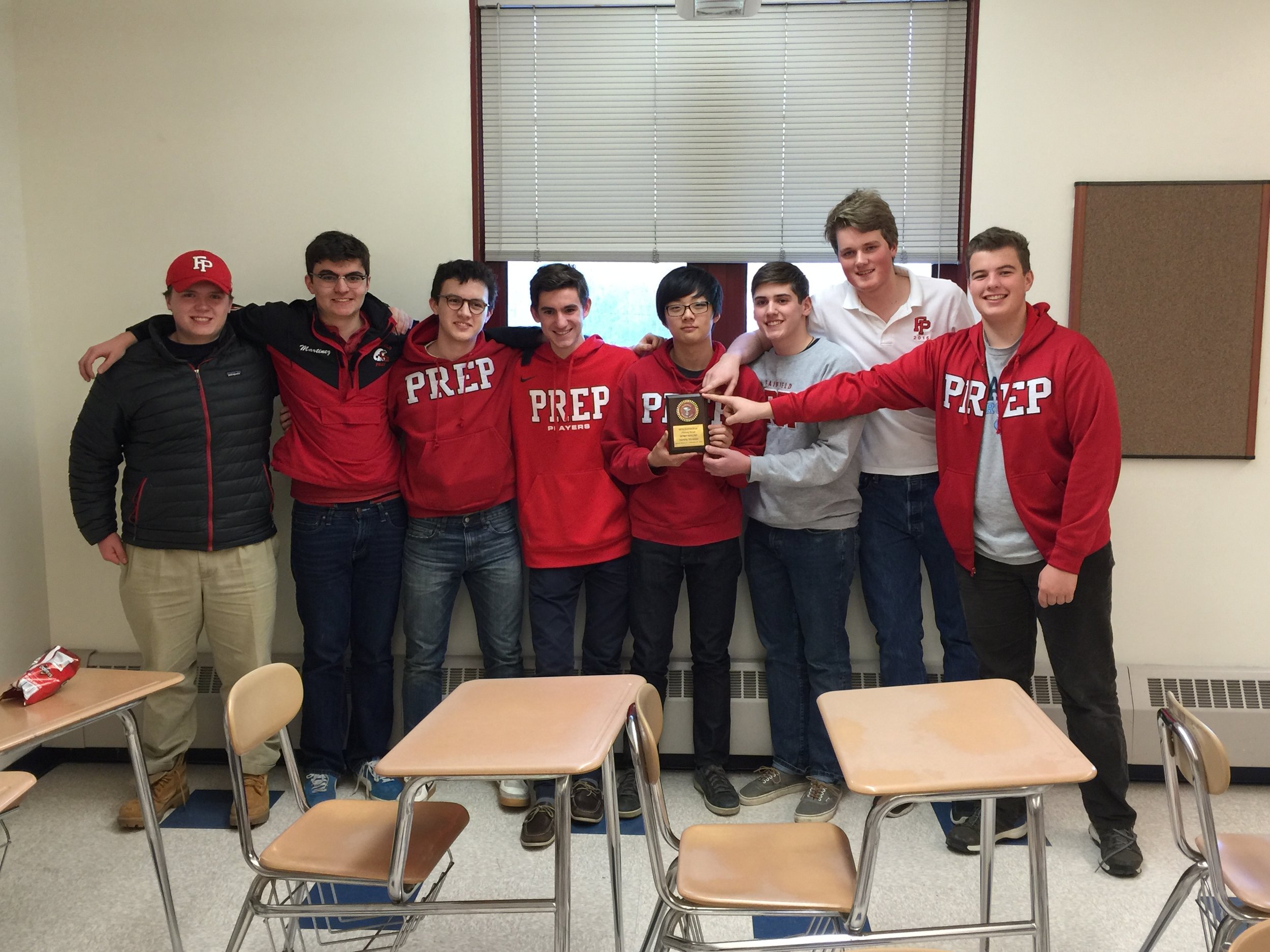Extraordinary next door
You don't have to look far to find the extraordinary. Sometimes you just have to stick your head out your front door. My wife and son did and they found the extraordinary Herman Kleine.
Herman Kleine
Barb and Mark have come to know Herman over the past few years. His front door is about 50 yards from ours in our condominium complex in Fairfield, CT. The only times I had encountered Herman was watching him drive by our place in the morning on the way to the gym for a workout. Herman is 96.
But that's not even the most extraordinary thing about him. Herman was involved in many of the most important world events of the past century. World War II, the Battle of the Bulge, the dropping of the atomic bombs on Japan, the Marshall Plan, the Cold War, the Peace Corps, the Vietnam conflict, the first American relief effort for a foreign natural disaster, and even the Live Aid Concert to fight hunger in Africa. This is not the full list.
Not bad for a guy who grew up during the Depression in Brooklyn and later in Hempstead, Long Island, where he was his high school's valedictorian. He went on to earn a doctorate in economics from Clark University after serving in the U.S. Army Air Corps during World War II, rising to the rank of captain.
Herman was an administrator in the Air Corps but that doesn't mean it was easy duty. His superiors recognized his sharp, analytical mind and gave him the responsibility of selecting which of his Air Corps colleagues -- mechanics and air crew members -- would become infantry reinforcements for the Battle of Bulge, where Americans were taking the brunt of Germany's desperate offensive. Herman recalled the base commander saying, "'Kleine, this is your job to select the men. You make the selections. I'll back you up.'' The men and their families made appeals to Herman on why they shouldn't be sent. Soon after getting this responsibility, Herman began to hear that many of the men he selected were killed or wounded. "It was a horrible experience," he said.
He didn't know it at the time, but Herman played a similar role at the Army's Dalhart, Texas, air base in selecting flight crews for the B-29s that dropped the two atomic bombs on Japan, ending the war in the Pacific. "They just told me to get the best men," he said. "I didn't know what it was for." Herman learned the true nature of the missions when he left the service and read a book about the Enola Gay, the plane that dropped the bomb on Hiroshima.
Herman, right, and his brother, Harold, in 1944 when Herman was commissioned as an officer in the U.S. Army Air Corps.
After the war, Herman took the Foreign Service Exam ("the toughest four days of testing I ever had before or since"), which launched him on a 30-year career in the foreign service and international economic development. After a stint teaching at Worcester Polytechnic Institute, Herman joined the Marshall Plan mission to the Netherlands in 1949 as a finance officer. Its headquarters was in The Hague, where Herman lived for three years. He went on to assignments in Washington, Brazil, Ethiopia, and at the United Nations headquarters in Manhattan, becoming friends and associates with legendary journalists, emperors, and presidents. During the Kennedy Administration in the early 1960s, Herman was involved in the startup of the Peace Corps and toured South Vietnam with then President Ngo Dinh Diem as America's painful involvement in that country was just beginning.
He has earned numerous awards from the U.S. government and his alma maters for service to his country. During his year at the National War College, Herman met his late wife, Paula. His son Michael, also graduated from the War College in 2013 and has followed in Herman's footsteps, recently serving as acting U.S. ambassador to Laos. Herman went on to work at Georgetown University, where he ran a program placing students in service abroad with development and refugee programs.
Some of the members of the Fairfield Prep Historians Club after placing third in the 2016 Connecticut History Bowl. Third from left is Mark Sheffer.
A few weeks ago, Herman accepted my son Mark's invitation to tell his story to The Historians Club at Fairfield College Preparatory School. Ten young men and their teacher listened intently for 90 minutes to Herman humbly and softly recount his life. What did these young men want to know?
- "Did you meet (Ethiopian Emperor) Haile Selassie?" Herman had a number of times when stationed in Ethiopia in the late 1950s. He recalled the time Selassie seated 100 American diplomats at one large table in his palace to serve them a traditional Thanksgiving meal. "The silverware was solid gold," Herman said.
- "Did you meet President Ford?" Yes, Herman had briefed Ford and Henry Kissinger in the Oval Office on the devastation wreaked by Hurricane Fifi in Latin America. As the meeting began, Kissinger said, "Dr. Kleine, you are a misfit in the foreign service. You write a readable report."
- "What are you most proud of?" Playing a part in the Marshall Plan, Herman answered, quoting 1997 remarks from then-U.S. Treasury Secretary Robert Rubin: "That plan -- its spirit and vision -- marked one of America's finest moments."
- "What is the key to success?" Networking for one, Herman said. "In life, I find, there are connections, one thing leads to another -- and you have to be ready when the opportunity comes." He added with a laugh: "A little obsessiveness doesn't hurt."
I drove Herman to and from his meeting with the young men at Prep and sat in on his talk. I came away with something rare -- the feeling that I had just met a man of great wisdom and judgment. It wasn't just his long list of accomplishments. It's that after spending a lifetime dealing with some of the world's most complex issues and influential people, Herman remains humble, gracious and optimistic.
Barb and Mark gave Herman a small gift to thank him for talking to the Prep students. Herman wrote a prompt thank-you note to Mark -- his "friend and neighbor" -- for inviting him: "I thank you too, for giving me the opportunity to take a walk down memory lane on a beautiful October day."
When people say government is bad or that our problems are intractable, think of Herman. When critics deride America's exceptionalism and doubt its generosity, think of Herman. When you wonder whether you should stop and say "hello" to your neighbors, think about the extraordinary Herman Kleine.



